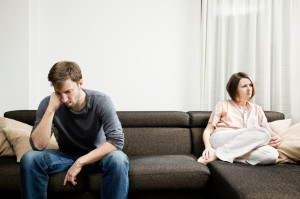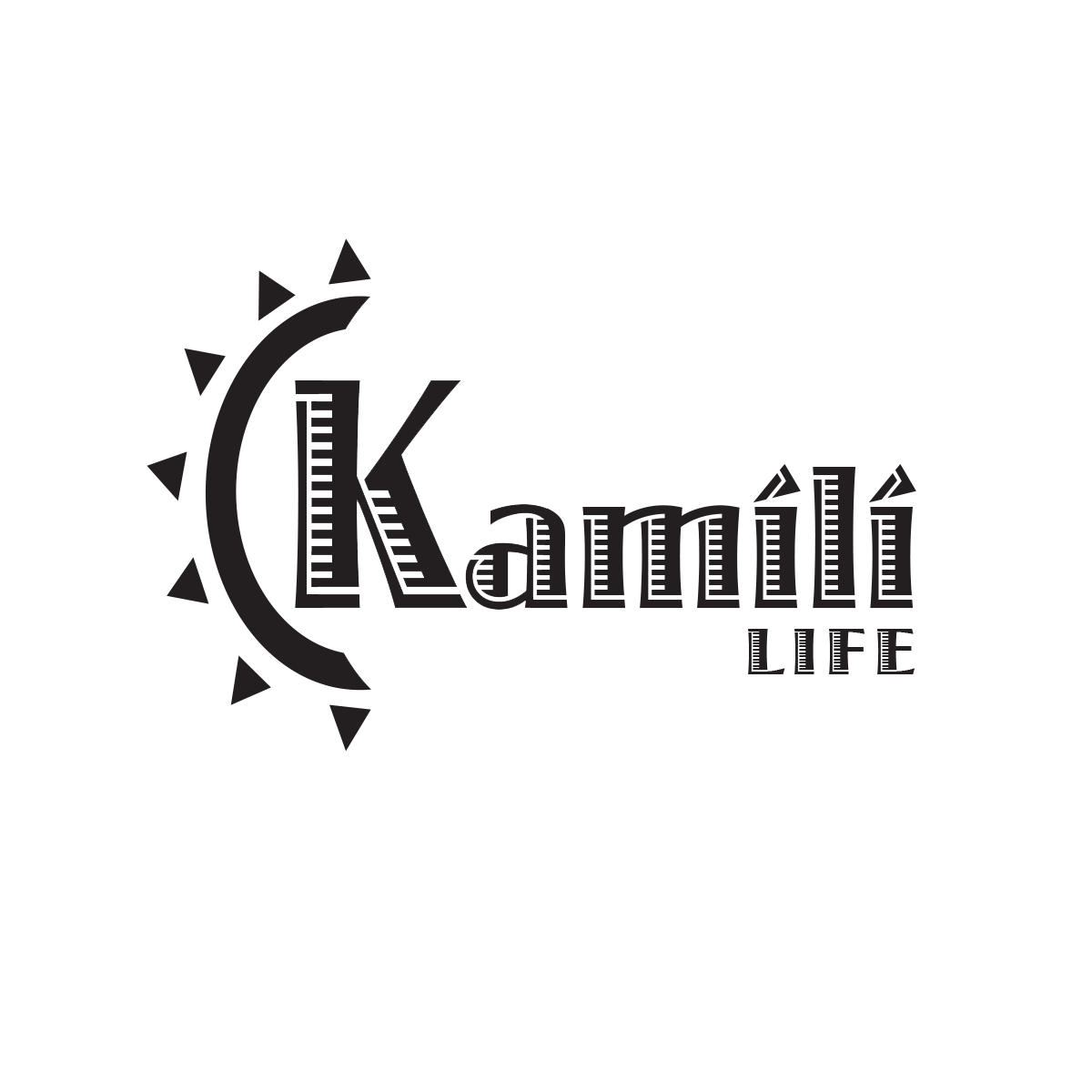Epiphany Therapeutic Services
5455 Wilshire Blvd Suite #2139
Los Angeles, CA 90036
(323) 489-0205

Relationship Counseling

Are You Wondering Why All Your Relationships Are So Dysfunctional?
Are you struggling as an individual within your romantic relationship? Do you feel disconnected from your partner? Do you have a strained or toxic relationship with one or more of your family members? Have intimacy, commitment or trust issues prevented you from having successful relationships in the past? Are you tired of relationships not working out? Are you ready to try a different approach?
Even when people are in a relationship — whether romantic, family, professional or friendly — they process things as individuals. It is entirely possible (in fact, very common) to be surrounded by people, yet still feel isolated. There is a big difference between being alone and being lonely.
Attachment Styles Developed In Early Childhood Influence Your Adult Relationships
Did you know that the relationships you have between 0-5 years of age shape your future view of the world? Your personality also forms during this time. These early relationships either create a secure or insecure attachment, which will directly influence how you perceive yourself in future relationships. For example, if your primary caregiver as a child was fully present and available for you and not under a lot of distress, you probably formed a secure attachment with him or her. You most likely experienced proper bonding that allowed you to feel safe and loved. People with secure attachments tend to have healthier relationships and are more likely able to trust others rather than putting up walls. Their reactions to stress tend to be less severe and they are more likely to try new things.
But if your caregiver was on drugs, dismissive, abusive or physically not there to meet your basic needs, you may have formed an insecure attachment. People with insecure childhood attachments have a hard time trusting others and are more prone to stress, anxiety and fear, especially in the context of relationships.
Insecure childhood attachments can wreak havoc on adult life. Perhaps you are in a relationship, but constantly battling your partner. It is common for people who have a history of failed relationships or divorce to feel helpless. You may not know how to stop the pattern of meeting the same person and getting the same results.
Another common issue surrounding insecure attachments is family dynamics. If you harbor anger or resentment toward a parent or family member for things that happened in the past, you may feel trapped or like you are in a constant battle with that person. If healthy boundaries and limits are not established, your resentment will only grow over the years.
Perhaps you are getting older and are worried about spending your later years alone. Maybe your fear of judgment, criticism or connection keeps you isolated or even drives you to subconsciously sabotage your relationships. You may be stuck in a cycle of distrust and suspicion. The common theme? All of these issues go back to insecure attachments formed in childhood.
The Most Important Relationship Is With Yourself
The good news is that the better you understand the root causes of insecure attachments, the more you can do to combat the negative self talk that accompanies it.
In relationship counseling, you can learn how to navigate relationships in a new, healthy way instead of staying stuck in the dysfunctional patterns you grew up with. Simply being aware of these patterns is half the battle. In therapy, I can help you objectively examine and understand your relationship patterns and the way you perceive yourself within the context of your relationships.
Relationship counseling can help you develop a better, healthier, more balanced perspective relative to the people in your life. You can learn to interact with people without being triggered into anger and resentment. You can have more enriching relationships, let new people into your life and grow closer with your loved ones instead of pushing them away out of fear and mistrust.
Wouldn’t it be nice to let your guard down and allow yourself to be happy? True happiness starts with being fulfilled and complete within yourself. You could spend forever trying to figure out why others do the things they do. But changing your own perspective changes everything.
Once you learn how to reframe your thinking and develop secure attachments (this does take time and practice!), you can experience the true intimacy and connection you’ve been missing.
You may be curious about how relationship counseling can help you better navigate your relationships, but still have questions or concerns…
Is relationship counseling going to end my relationships or make them worse?
Relationship counseling can help you gain a better understanding of your relationships and patterns. After self-examination, you may decide that you need to set boundaries with some people in your life. If you do choose to end a relationship, that is your decision— but I don’t ever promote that unless one is being subjected to abuse. On the contrary, you can learn how to make positive changes in order to make all your relationships better.
How can relationship counseling help me improve my strained relationships?
Relationship counseling increases self-awareness. It helps you to understand the negative patterns you may be stuck in, the walls you have built up and why you built them. You can finally understand why you are so guarded and defensive. Understanding that from an introspective process can be very enlightening. Eventually, you can learn to let your walls down and allow people into your life without fear or judgment.
What makes you an expert on the subject?
I don’t claim to be an expert when it comes to relationships, trust me! Just like everyone else, I’ve had my share of relationship issues that I have had to sort through. Over time, I learned how to have healthier connections. I now know how to perceive and relate to other people. I’ve learned how to recognize what triggers me to fall back into my old, destructive patterns. And now I know how not to go there again. Self-awareness of your own role in relationship patterns is crucial to developing happy, healthy connections with others.
Ready to make some positive changes in your relationships? Call me for a free 15 to 30-minute consultation. We can discuss your specific situation and whether relationship counseling would be a good fit for you.
Copyright © 2024 · All Rights Reserved · Kelly Walker
Epiphany Therapeutic Services
5455 Wilshire Blvd Suite #2139
Los Angeles, CA 90036
(323) 489-0205
